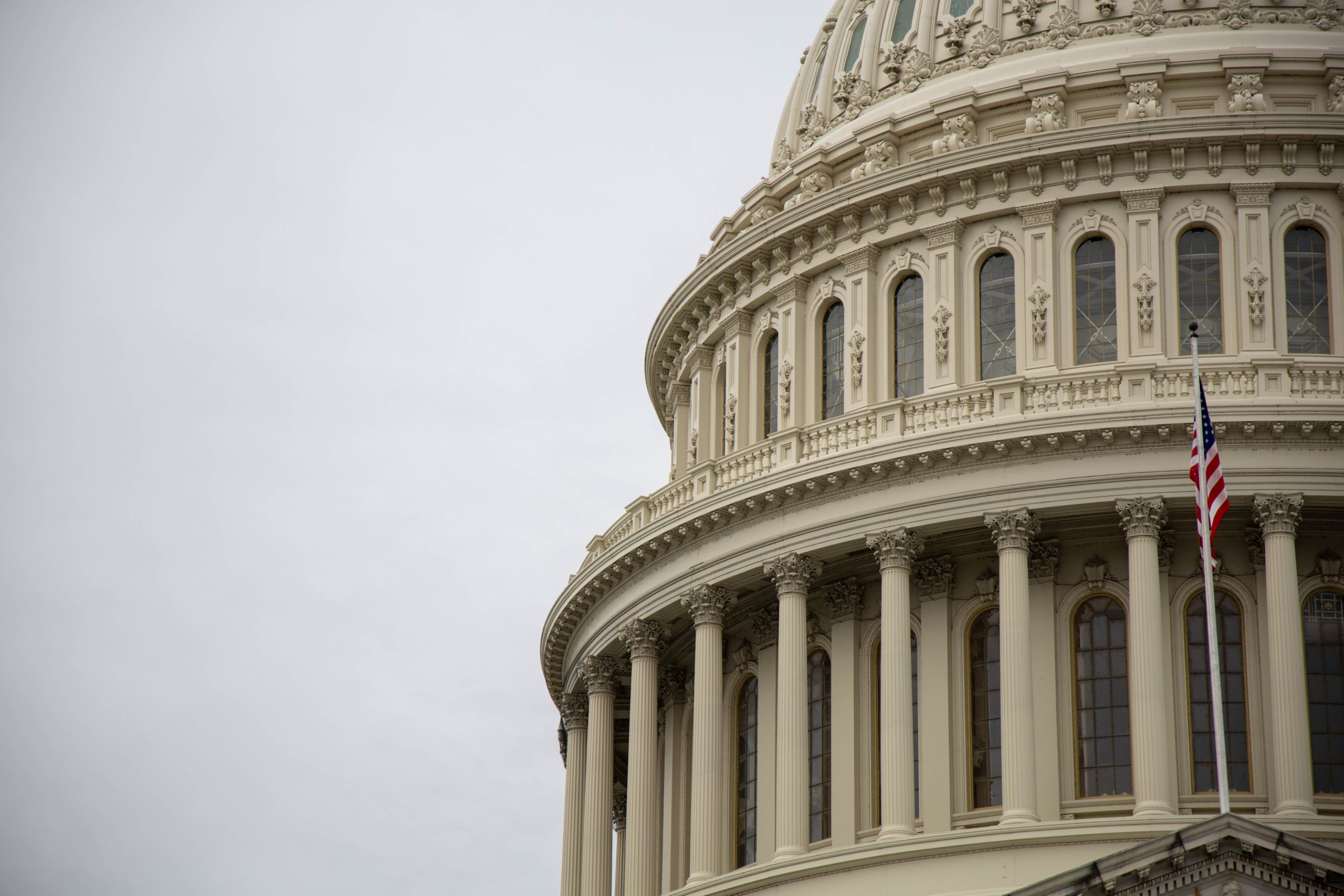A lawsuit has been filed and a jury trial requested by a resident of St. Petersburg against Florida’s Chief Financial Officer, Jimmy Patronis regarding the state’s unclaimed property law. The complaint alleges that Florida’s Disposition of Unclaimed Property Act “effectively provides the State with an interest-free loan of unclaimed private property funds that the Act directs to be co-mingled with the State’s School Fund,” and that those unclaimed property funds are being used “freely to fund State obligations” while the Act “prohibits the State from paying any interest reflecting the time value or other value of an owner’s property.”
August 16, 2022
~6 min read
The plaintiff has requested a jury trial, which would give the case an opportunity to set a precedent on whether Florida’s Disposition of Unclaimed Property Act is constitutional. If the plaintiff prevails, it could mean big changes for how the state handles unclaimed property. It could also lead to other states re-examining their own unclaimed property laws.
Case background & details
The reason that unclaimed property laws prohibit the state from paying any interest for their use of someone else’s money is because they are not considered to be “taking” the property for public use. Instead, the state is merely holding onto the property until the rightful owner claims it. Because the state is not using the property for its own purposes, there is no need to compensate the owner for its use.
However, in this case, the plaintiff is arguing that Florida’s Disposition of Unclaimed Property Act does amount to a taking of private property for public use. The plaintiff argues that by using the unclaimed funds for state obligations, the state is effectively taking those funds for public use without just compensation.
The plaintiff is seeking a declaration that the Disposition of Unclaimed Property Act is unconstitutional and an injunction preventing the state from enforcing the law. The plaintiff is also seeking damages, including interest on the unclaimed property funds, for those who have had their property taken by the state under the Act.
Patronis has not yet responded to the lawsuit, but he has previously defended the Act, saying that it “safeguards Florida families’ lost or forgotten assets and returns them when they are claimed.” He has also said that the state has returned more than $800 million in unclaimed property to its rightful owners over the past three years.
The plaintiff could argue that the state is earning interest on the unclaimed property funds while the rightful owners are not, or that the state is using the money to fund programs that the rightful owners do not benefit from. Meanwhile, the state could argue that it is entitled to use unclaimed property funds to balance its budget or fund other programs because the rightful owners are not using the funds and they are sitting idle. According to the state’s website, “the State of Florida earns interest on all unclaimed property until it is claimed by the rightful owner.” The website does not say how much interest the state earns on unclaimed property funds.
The case will likely go to trial, though it is possible that the parties will reach a settlement before it gets that far. If the plaintiff prevails, the state of Florida could be required to pay out billions of dollars in unclaimed property funds to its citizens.
Similar cases
This is not the first time that the state of Florida has been sued over its unclaimed property law. In 2017, a similar lawsuit was filed by two residents who alleged that the state was “unconstitutionally taking” their property without just compensation, but the new case alleges that the law itself is unconstitutional. This difference could have major implications for how the court decides the case. The 2017 case is still pending.
There have been similar lawsuits in other states. In 2017, a lawsuit was filed in Pennsylvania alleging that the state’s unclaimed property law violated the Fifth Amendment’s Takings Clause. The case is still pending. There have also been lawsuits filed in Alaska and New Jersey challenging the constitutionality of those states’ unclaimed property laws. Neither of those cases has gone to trial yet.
In 2017, North Carolina changed its unclaimed property law after a lawsuit was filed challenging the constitutionality of the state’s law. The new law gives people more time to claim their property and requires the state to give interest on some types of unclaimed property.
What is the Fifth Amendment “Takings” Clause?
The Fifth Amendment to the United States Constitution includes a clause known as the Takings Clause, which states that “private property [shall not] be taken for public use without just compensation.” This clause has been interpreted by courts as meaning that the government may not take private property for public use without compensating the owner of that property.
In this case, the plaintiff is arguing that Florida’s Disposition of Unclaimed Property Act violates the Takings Clause because it requires the state to hold unclaimed private property (in the form of funds) without compensating the owners of that property. The plaintiff further argues that those unclaimed funds are being used by the state for its own purposes, without any compensation paid to the rightful owners. If the court finds in favor of the plaintiff, it could mean that the state would be required to pay compensation to those who have had their property taken under this law.
The Takings Clause is an important part of the Constitution that helps to protect private property rights. This case will likely turn on whether the court believes that Florida’s Disposition of Unclaimed Property Act violates the Takings Clause or not. It will be interesting to see how the court rules on this case.
What ‘state obligations’ are funded by unclaimed property?
The lawsuit does not specify what “State obligations” are being funded by unclaimed property, but it is likely that the state is using the funds to balance its budget or to fund other programs. In recent years, states have increasingly been turning to unclaimed property as a way to generate revenue, and Florida is no exception. According to the National Association of Unclaimed Property Administrators (NAUPA), Florida has collected over $20 billion in unclaimed property since 1980, and currently holds over $700 million in unclaimed property. It is unclear how much of this money is being used to fund state obligations, but it is likely that a significant portion of it is.
What happens if the lawsuit is successful?
If the plaintiff prevails, the state of Florida could be required to pay out billions of dollars in unclaimed property funds to its citizens. If the lawsuit is successful, it could have a significant impact on the state of Florida and its budget. If the court rules that the Disposition of Unclaimed Property Act is unconstitutional, then the state would no longer be able to hold onto unclaimed property funds and would have to return them to their rightful owners. This could result in a loss of revenue for the state, as well as an increase in costs associated with returning the funds to their owners. Additionally, it is possible that other states with similar laws would be impacted by a ruling in favor of the plaintiff, although this is less clear.
If the Disposition of Unclaimed Property Act is struck down, there are a few alternatives that the state could pursue. A fund could be created, from which interest could be paid on unclaimed property funds, but it may prove difficult or impossible, depending on the size of the fund, the number of claimants, and the amount of interest owed.
The outcome of this lawsuit will likely be decided based on whether or not the court finds that the Disposition of Unclaimed Property Act is a violation of the Fifth Amendment’s Taking Clause. If the court rules in favor of the plaintiff, it could have a significant impact on Florida and other states with similar laws. However, if the court rules in favor of the state, then the status quo will likely remain unchanged. Either way, this lawsuit is one to watch in the coming months.




